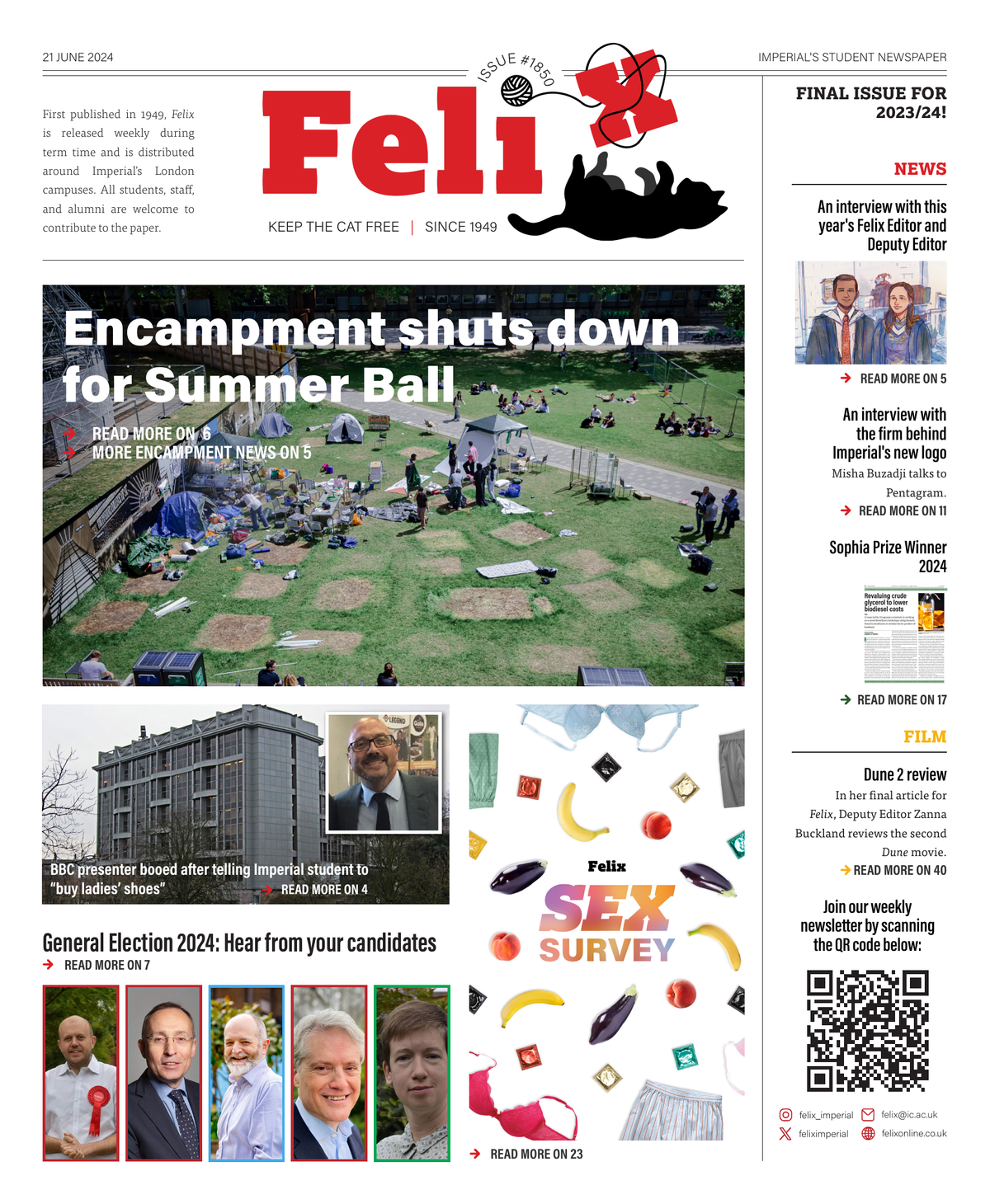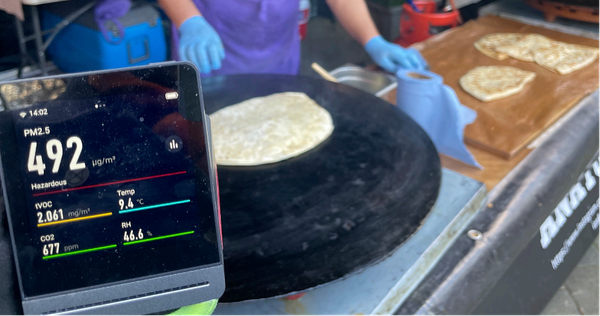The Tao of Bitcoin
How Bitcoin can fix the broken monetary system
Before one can start to appreciate the many philosophical lenses through which Bitcoin can be contemplated, one first needs to understand the riddle it strives to solve – the broken money system. I remember feeling deflated as a boy after discovering that the coins jangling in my pocket didn’t have any much intrinsic value; their value is forced by decree (or fiat). It made the world seem a little bit fake, disconnected from the old world of shiny gold coins and merchant trading. I assumed that money was printed to replace ageing notes and coins and that total supply was fixed. Money is a tool with which to store time and effort spent providing value to others. It has taken many forms, from beads 75,000 years ago in Africa to tally sticks in mediaeval England. With half the world still living in poverty, the monetary system was clearly skewed in favour of the minority living in luxury, but it wasn’t until the 2008 crash that I started to dig deeper to try and find out why.
Trade has underpinned civilized society since time immemorial, but strangely the monetary system isn’t taught at school. Even those who study economics are taught not about the philosophy of money itself but the workings of the existing ‘Keynesian’ financial system. Studying Civil Engineering at Imperial in early ‘90s, I was struck by how many graduates were going into banking and finance, how perverted it was that those who’d studied to bring tangible improvements to the world were being enticed into careers making money from money itself. I’ve since become aware of many financial crises just within my lifetime. I’m convinced that such events and the distortions in our lives – where rent-seekers earn more than producers/creators, and environmentally destructive mega corps use carbon credits to continue as normal, while the average Joe is told to own nothing and eat bugs – are a product of a flawed monetary system. It is a system of bad incentives that causes misallocation of capital, preventing zombie companies being flushed out and hindering companies offering good quality products and services. The system has turned into a Frankenstein’s monster over the last few centuries and especially decades, due to monetary inflation, central banking, lending money into existence and fractional reserve banking.
Prior to the ‘60s, ‘inflation’ referred to the increase in paper money relative to gold backing it. Historically it was difficult to inflate the supply of hard money without a lot of effort and without people noticing. However, in the 1800’s the telegraph brought speed-of-light communication of information, facilitating fast global transactions. A chasm developed between credit and settlement of gold, which moved at a snail’s pace due to its physicality, leading to credit changing hands multiple times before settlement could catch up. Growing confidence in credit led to unfettered borrowing during World War I, prolonging the ‘August Bank Holiday’ war. Consequently, the gold standard of the 19th century was generally dropped and after World War II, with much of the world’s gold moved to the US for safety, a pseudo-gold standard was established at Bretton Woods (BW). Currencies were pegged to the US dollar, which in turn was pegged to BW gold reserves. It was short-lived due to difficulty maintaining the peg versus the free market. In 1971, after France and then England demanded their gold back, President Nixon severed the peg, defaulting on US’s obligation to redeem gold for foreign US dollars. There has since effectively been no physical constraint to inflating the US dollar supply, and by extension the global money supply, and the inflation has been meteoric.

It is a silent tax that dilutes the wealth of everyone except the few who have earliest access at the lowest interest rates to the newly created money i.e. ‘The Cantillon Effect’. To simply maintain the value of one’s hard-earned money, one must invest in harder assets like real estate, stocks and gold. Many such assets appear to appreciate but in fact it’s the value of money that is declining relatively. Between 2010 and 2022 the broad money supply doubled from around $4 trillion to close to $8 trillion.
It’s little known that the concept of central banking is written in The Communist Manifesto, yet we live in a world where the price of money is set by the Federal Reserve, the central bank of the world reserve currency, formed in 1913. Private banks used to issue their own gold-backed banknotes and it was understandable to lend money at interest rates reflecting their risk and overheads. But it seems nonsensical that the cost/reward of borrowing/lending is now subject to the whims of a handful of people at the Fed with the power to print money at will.
The market includes all wilful entities in an environment of variables differing in scale and predictability. The true value of goods and services at any moment is a product of all market forces. If buyers and sellers have a reliable measure of value, such as gold coins, those market forces can be distilled into an amount of gold that reflects what they’re willing to accept for a trade. If the gold itself was randomly expanding and contracting, it would be very tricky to settle on a reasonable price. Disgruntlement for one or both would cloud the trade and discourage future trades. Only with a stable monetary measuring stick can the true price of things be discovered. The market trying to determine the prices of everything based on a monetary unit that can be printed with negligible effort and lent at a rate determined by a finger in the wind is akin to measuring the sea level with a ruler attached to a bob floating in the sea.
History shows that humans cannot be trusted to regulate money supply. Until 50 years ago there were constraints to expanding money supplies, but without tethering to physical constraints, the money printer goes brrrrrrrrr……, diluting the average person’s wealth.
Bitcoin can solve this problem by removing human intervention. Like a Kung Fu master channeling his opponent’s energy to his own advantage, Bitcoin harnesses greed in humans and channels it into securing a single ledger perfectly duplicated in thousands of nodes around the world. It employs a system whereby the difficulty of finding a valid input to a ‘hashing’ algorithm to obtain an output below a target threshold, is increased the more effort is applied – the more difficult it becomes to ‘win’ the reward and transaction fees from successfully adding that block of transactions to the chain. This ensures that effort is always required to add a block to the chain, and the distributed nodes ensure only transactions that fit the chain’s history can form part of that block. No one can increase the ultimate supply of 2.1 quadrillion satoshis, diluting everyone’s wealth; interest rates for lending will be determined by the market; everyone can keep custody of their own Bitcoin; and people will no longer have to divert precious time towards finding places to store their hard-earned wealth just to maintain its original value. Best of all, one Bitcoin today equals one Bitcoin tomorrow, not three-quarters of a Bitcoin, half of a Bitcoin or whatever that small group of people in a far-off land decide it’s going to be.
Brett Buckland is an alumnus of Imperial College London.









